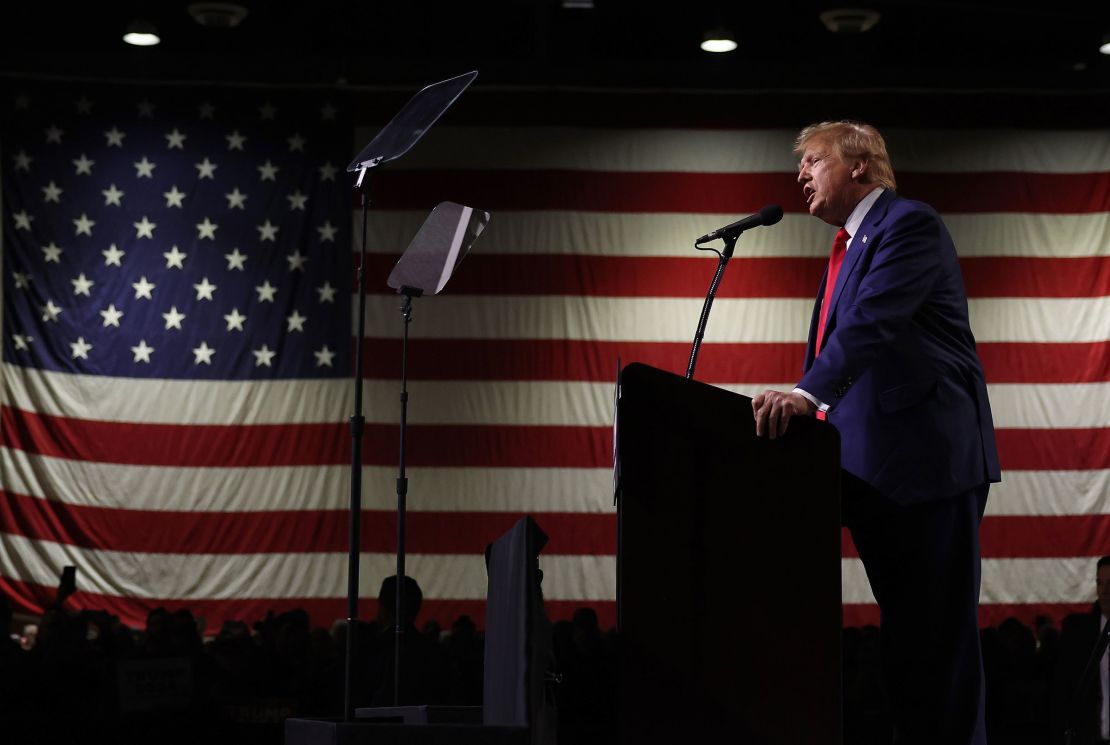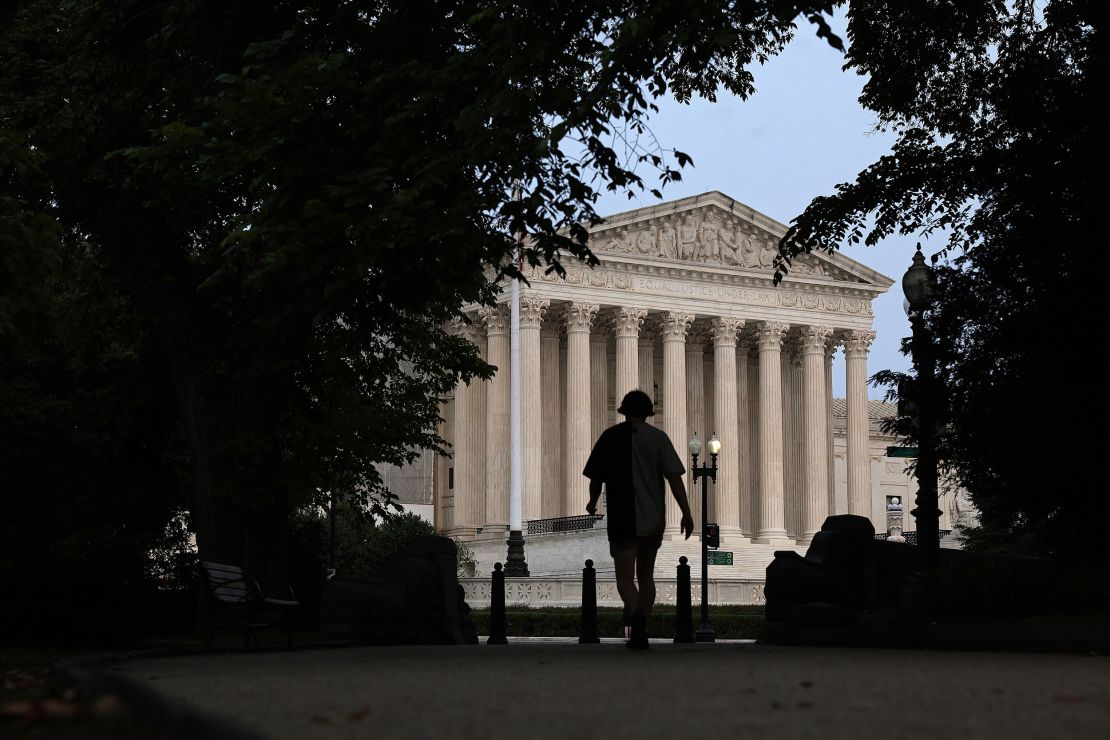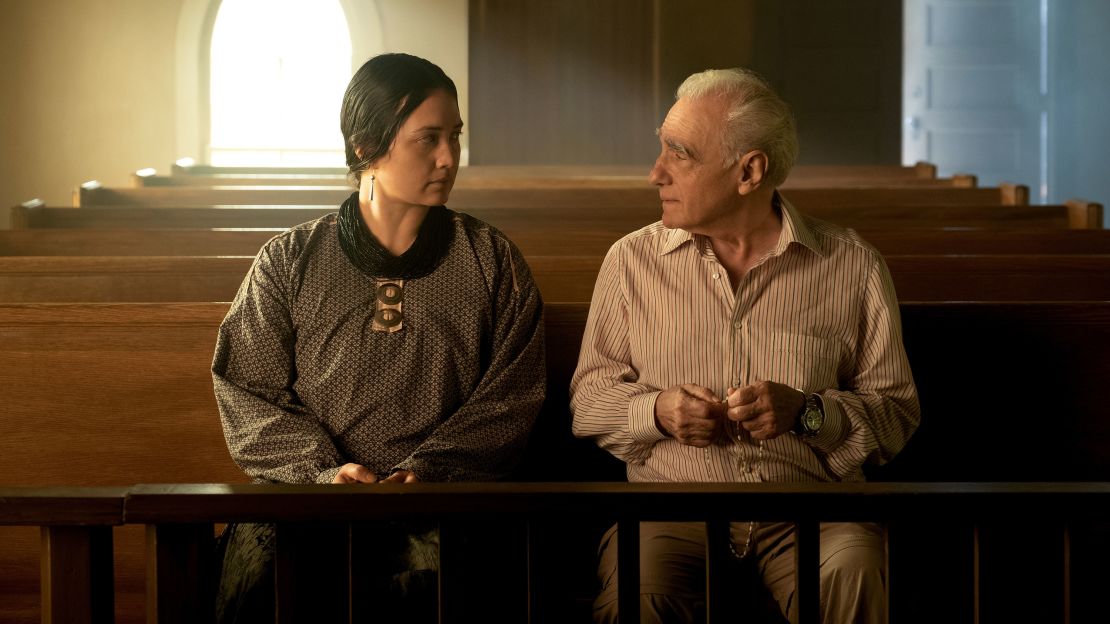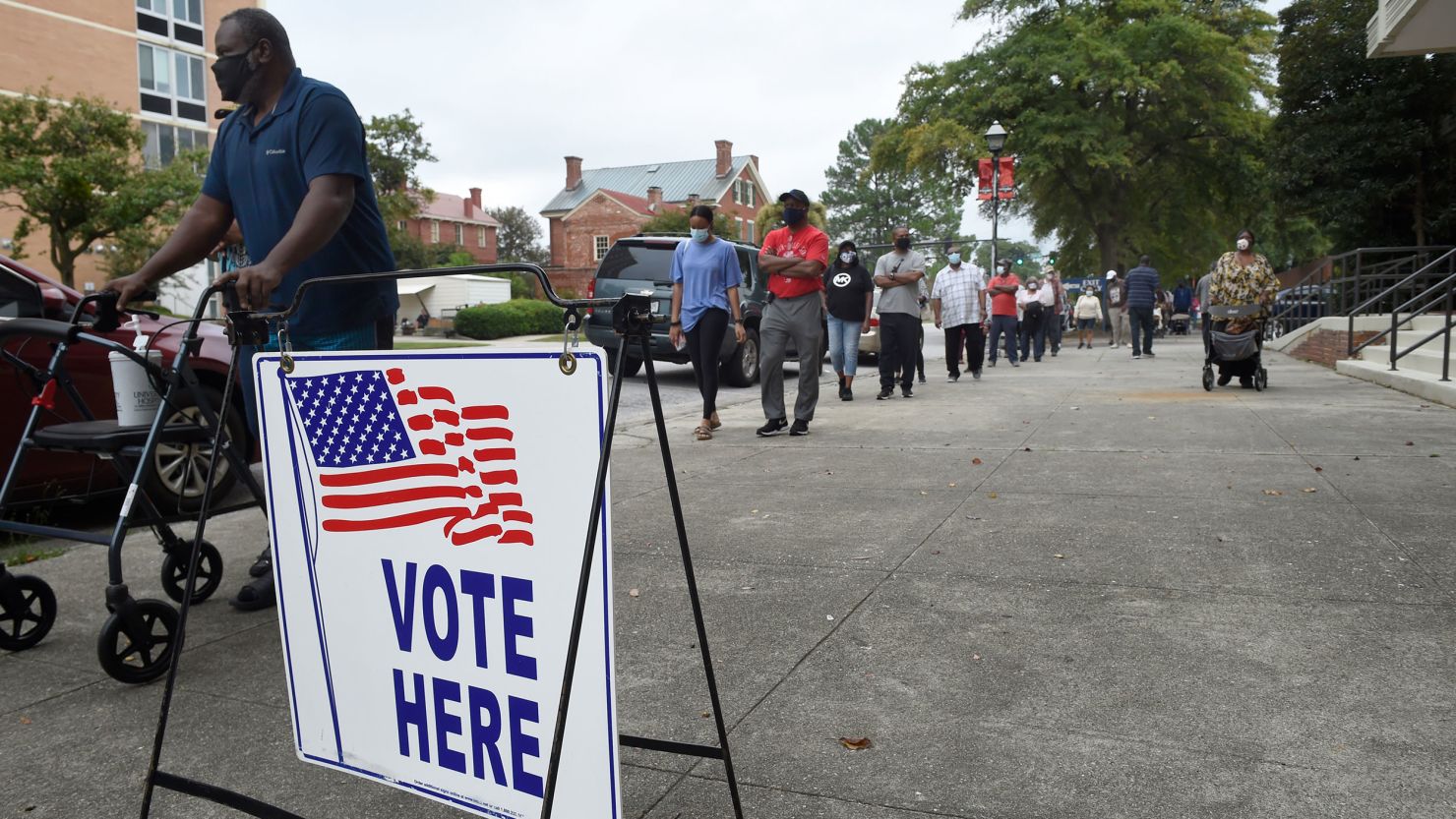Editor’s Note: A version of this story appeared in this week’s CNN’s Race Deconstructed newsletter. Sign up for free here.
Race is “the one constant and central conflict in American history,” the eminent political scientist Robert Putnam once declared. No other issue has caused such ferocious internal divisions — in the past or in the present.
Next year will be no different. Here are five big stories involving race and ethnicity to watch for in 2024:
1. The potential re-election of former President Trump
For many Americans, the biggest story in 2024 will be the presidential election. Will former President Trump survive an assortment of legal challenges and return to the White House, or will his role in the January 6 insurrection block him?
The subject of race is inextricably tied to Trump’s political fortunes. He rose to political prominence by promoting a racist birther conspiracy theory about America’s first Black president. He deployed racist rhetoric that shattered political norms after entering the Oval Office. No contemporary American president has inflamed White racial resentment as much as Trump.

White supremacy was also a major factor in the January 6 insurrection. An overwhelmingly White crowd displaying symbols of White supremacist groups tried to overturn Trump’s 2020 electoral loss. At least one marcher carried a Confederate flag, another wore a T-shirt emblazoned with “Camp Auschwitz,” and others erected a noose and gallows on the Capitol grounds.
Recent polls show Trump has gained support among both Blacks and Latinos in head-to-head matchups against President Biden. But if Trump is elected again, the message it would send to millions of non-White Americans and their allies could represent a new “nadir,” or low point, in race relations.
2. The Voting Rights Act could face a death blow
The Voting Rights Act has often been called the “crown jewel” of the civil rights movement. But the law, which prohibits discrimination in access to voting, has been under constant attack from White conservative politicians since its passage in 1965. In 2013, a conservative majority on the US Supreme Court gutted a key section of the Voting Rights Act in Shelby County v. Holder.
Earlier this year, though, the high court surprised many observers when it upheld a key part of the Voting Rights Act that favored Black voters in Alabama.
Next year should reveal if the high court’s recent decision was just a temporary reprieve for the Voting Rights Act. A federal appeals court recently ruled against another key tool used to enforce the act. It found that private entities cannot bring lawsuits against state governments over issues of fairness in elections — a ruling that runs counter to decades of legal practice.
If the Supreme Court agrees, private groups such as the NAACP or the ACLU would have no authority under a key provision in the act to bring lawsuits alleging discriminatory voting practices. The evisceration of the Voting Rights Act would be virtually complete.
3. The growth of AI may foster racist stereotypes about people of color
The world is on the cusp of a revolution in AI, or artificial intelligence. One commentator called AI the “buzzword” of 2023. And ChatGPT, an experimental chatbot released by a startup called OpenAI, became the fastest-growing consumer application in history.
But some commentators are warning that AI can be racist. In a recent essay in Forbes, Jeff Raikes, a former CEO of the Bill & Melinda Gates Foundation, said many AI programs “are still subtly perpetuating — or worse, enhancing — the biases of their (mostly white male) creators.”
Raikes wrote that some AI robots, when scanning images of faces, consistently identified women as “homemakers” and people of color as “criminals” or “janitors.”
AI is in danger of becoming another tech platform that allows “racism and discrimination to fester,” Raikes wrote.
4. The battle over affirmative action is spreading
When the Supreme Court gutted affirmative action in higher education earlier this year, many of the policy’s defenders had one big question: What’s next?
The ramifications of the high court’s landmark decision should become clear in 2024.

A conservative group has already sued the US Naval Academy as well as the US Military Academy at West Point over their race-conscious admissions. Conservative activists are suing companies for their diversity programs, with some saying they amount to “indoctrination” or “reverse racism.”
The battle over affirmative action is far from over. It’s now shifting to the military and corporate America.
5. Native Americans are finally seeing themselves onscreen
There’s an ugly history to Hollywood’s depictions of Native Americans, who for years were often portrayed by White people. Thankfully, that is changing.
The success of director Martin Scorsese’s “Killers of the Flower Moon” could accelerate that shift. The film, which depicts a series of brutal murders in the Osage Nation in the 1920s and co-stars indigenous actor Lily Gladstone, is a frontrunner for the Oscars.

“Reservation Dogs,” a bittersweet Hulu comedy about indigenous teenagers growing up on a reservation in Oklahoma, was hailed by many critics as one of the best shows of 2023. AMC’s “Dark Winds,” a crime series set in the 1970s on the Navajo reservation, has earned similar honors.
Next year may show whether Hollywood is truly willing to create more movies and TV series about Native Americans and other minority groups whose stories have been traditionally ignored.
John Blake is the author of “More Than I Imagined: What a Black Man Discovered About the White Mother He Never Knew.”





